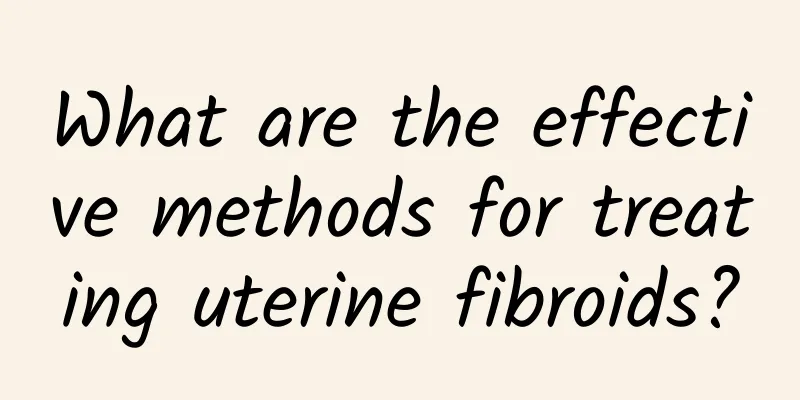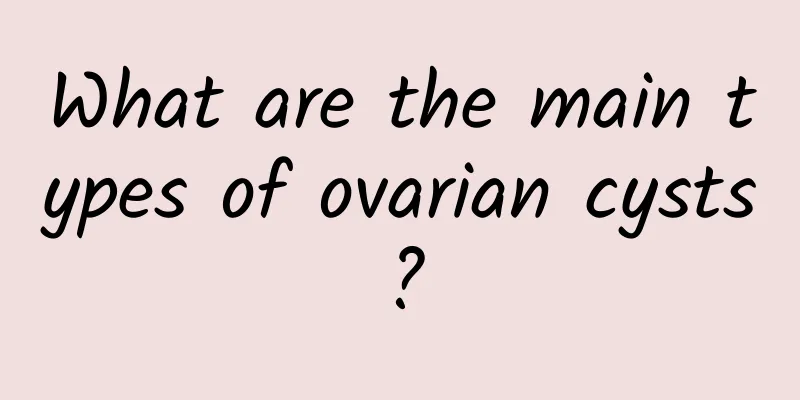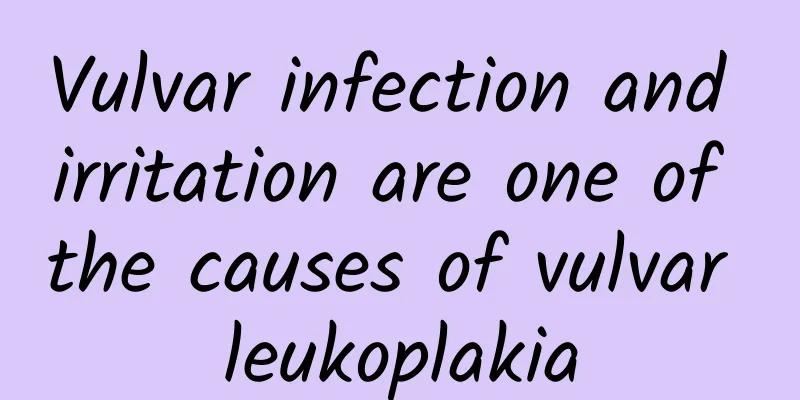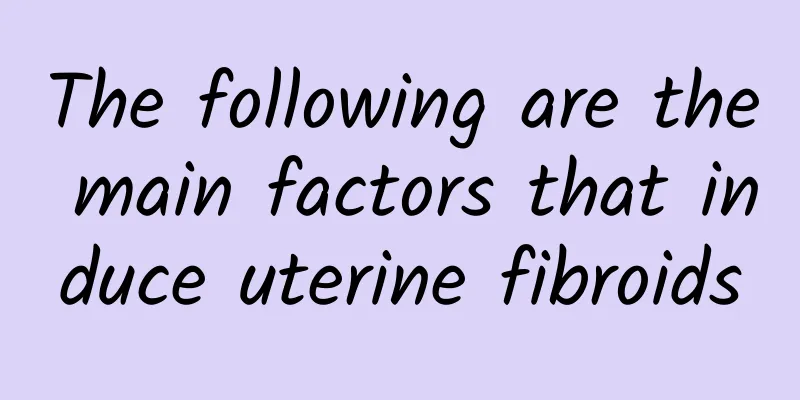Will inflammatory ovarian cysts affect menstruation?
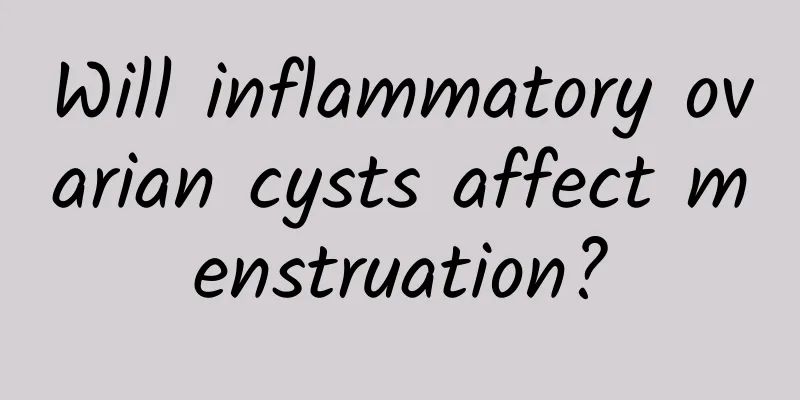
|
Ovarian cysts are one of the serious diseases of women. Ovarian cysts are a type of ovarian tumor. Ovarian cysts can be benign or malignant. Will inflammatory ovarian cysts affect menstruation? Inflammatory ovarian cysts are caused by inflammation of the fallopian tubes affecting the ovaries, mutual adhesion, obstruction of the fallopian tube isthmus, and the fimbria and ovarian follicle cysts pass through, forming inflammatory cysts. This abscess is called a fallopian tube ovarian cyst, not a true ovarian cyst. Inflammatory ovarian cysts are not true ovarian cysts, neither functional nor non-functional. They cannot even be considered ovarian cysts because they may be inflammatory cystic fluid accumulation in the mesentery between the ovary and the fallopian tube. There is often a history of infertility or pelvic infection. The strip-shaped cysts in the adnexal area on both sides have clear boundaries and limited activity. However, since ovarian cysts are often difficult to identify, they are temporarily classified as ovarian cysts. Inflammatory ovarian cysts have little effect on menstruation. Ovarian cysts on one or both ovaries do not cause menstrual disorders because they do not destroy all normal ovarian tissue. Some uterine bleeding is not endocrine, or it is due to ovarian cysts changing the pelvic vascular distribution, causing endometrial congestion; or it is due to malignant ovarian cysts directly metastasizing to the endometrium. Menstrual disorders caused by endocrine tumors are usually combined with other secretory effects. There are many reasons for menstrual disorders, and it depends on the patient's specific situation to determine whether it is caused by inflammatory ovarian cysts. It is recommended that patients go to the hospital for corresponding examinations. Women with ovarian cysts may take the following medications: Hongjin Xiaojie Capsule: Used for breast lobular hyperplasia, uterine fibroids, and ovarian cysts caused by qi stagnation and blood stasis. Hongjin Xiaojie Concentrated Pills: soothe the liver and regulate qi, soften and disperse nodules, activate blood circulation and remove blood stasis, reduce swelling and relieve pain. Used for breast lobular hyperplasia, uterine fibroids and ovarian cysts caused by qi stagnation and blood stasis. Breast lobular hyperplasia, uterine fibroids, and ovarian cysts are caused by qi stagnation and blood stasis. |
<<: Premonition of menstruation after induced abortion
>>: How to prepare for pregnancy correctly after abortion?
Recommend
Routine examination of leucorrhea is the main examination item for women before abortion
With the development of society, many women have ...
Will uterine fibroids recur after being cured? Is the recurrence rate of uterine fibroids high?
Many patients with uterine fibroids will ask: Wil...
Suffering in summer is better than taking tonic food! Bitter melon and apple drink, eat bitterness but not fat
The bitterer the bitter gourd, the more nutritiou...
There is a magic weapon to lower cholesterol and promote metabolism! 5 Health Benefits of Enoki Mushrooms You Must Know
Enoki mushrooms are very nutritious, high in prot...
What causes menstrual odor?
What causes menstrual odor? The main causes of me...
What are the harms of functional uterine bleeding to the body
Dysfunctional uterine bleeding may lead to anemia...
Can pelvic peritonitis in women be cured?
Pelvic peritonitis is a type of pelvic inflammati...
Can patients with hyperprolactinemia eat a bland diet?
People with hyperprolactinemia can eat winter mel...
Cervicitis can generally be seen from five major points
Cervicitis can generally be seen from five major ...
Do you know what preparations you need to make before having an abortion?
Abortion is not something that can be done casual...
Main nursing measures for adnexitis
Adnexitis is a common inflammation in many women....
What is cervical hypertrophy? Does it need treatment?
Cervical hypertrophy is the proliferation of cerv...
Congenital absence of vagina
As we age, we will pay more attention to our own ...
New progress in the treatment of cervical precancerous lesions
We have all discovered that in recent years, the ...
Is adenomyosis serious? How is adenomyosis treated?
Adenomyosis is one of the common gynecological di...

